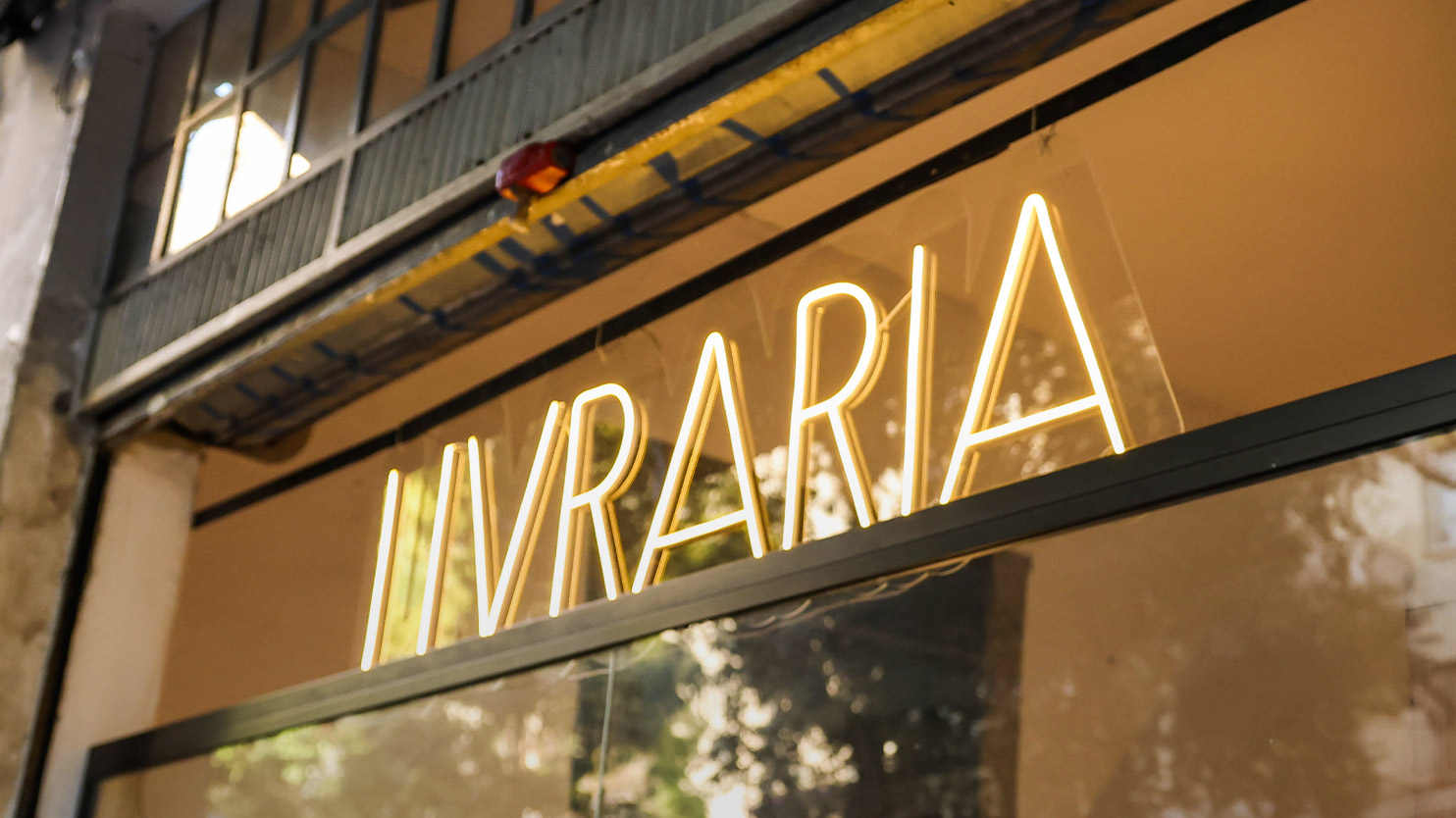By Emerson Luchesi
Who doesn’t like a cup of coffee in the morning to wake up and start the day, right? Whether it is traditionally made, filtered at home, or processed by a coffee machine, there are many ways to prepare and drink it. Whether at work, during a coffee break, or when meeting someone at a friend’s or relative’s house, or at a coffee shop, coffee becomes practically indispensable for socializing. Anytime is the right time to enjoy a good cup of coffee!
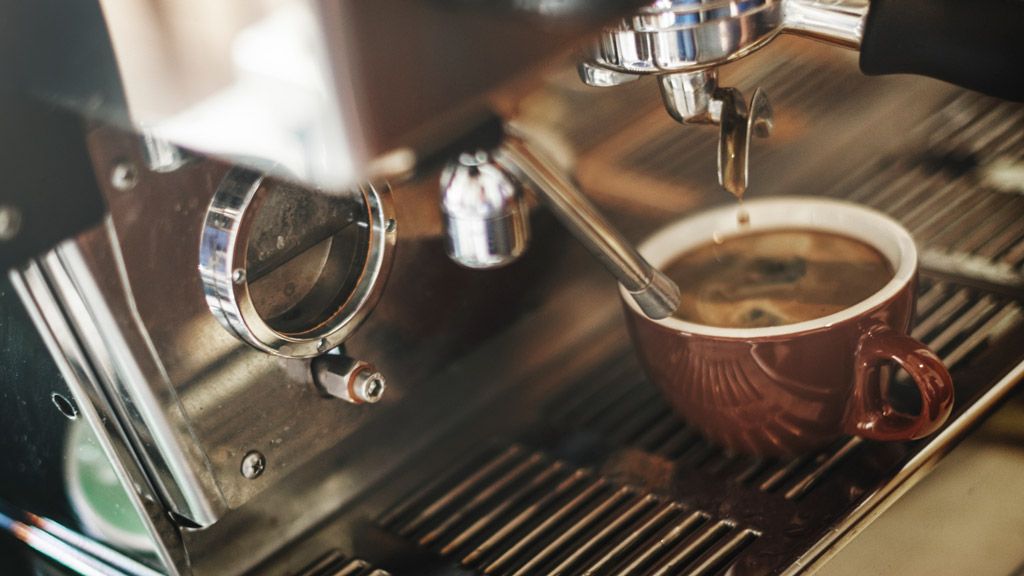
Brazil is the leader in coffee production and one of the main consumers and exporters of this globally appreciated product.
Prepared with roasted and ground beans from cherry-shaped fruits, the famous hot beverage is tasted all over the world and is present every morning in millions of Brazilian people’s cup.
Native from the African continent, coffee arrived in Brazil in the mid-eighteenth century and was initially cultivated in the northern part of the country. The favorable climate in other regions caused the cultivation of the product to spread mainly in the southeast, making it part of Brazilian culture and one of the great exponents of the country’s industry and economy.
Minas Gerais, Espírito Santo, São Paulo, Paraná, Bahia, and Rondônia are some of the most coffee producers states in the country nowadays.
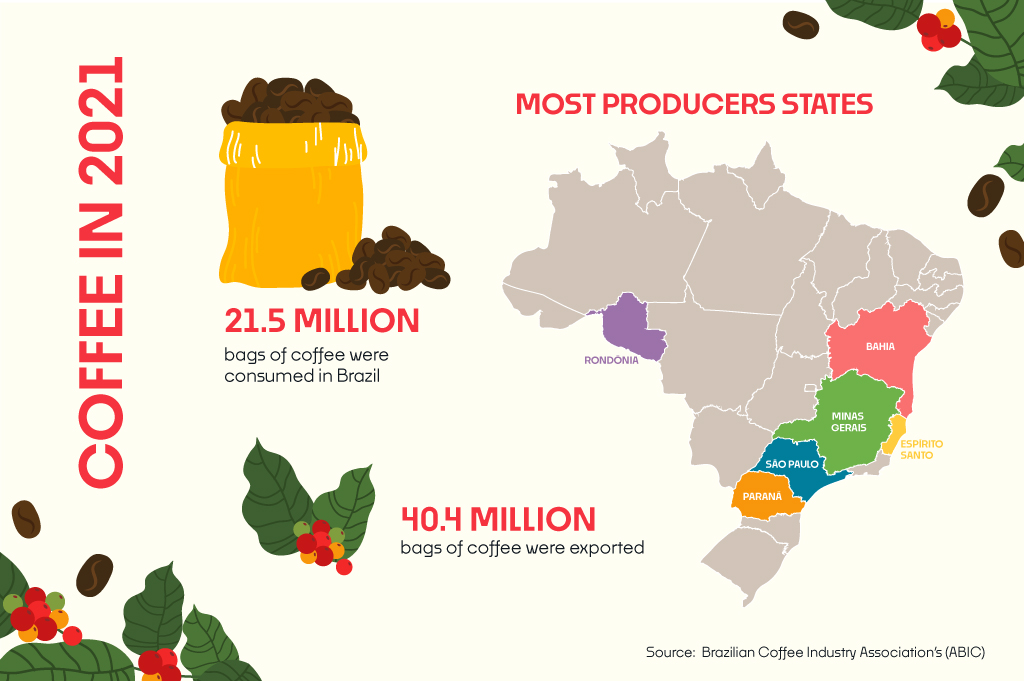
According to the Brazilian Coffee Industry Association’s (ABIC) data, in 2021 about 21.5 million bags of coffee were consumed, keeping the country on the list of those who most consume the drink in the world. Still in 2021, Brazil exported about 40.4 million 60 kg bags of coffee, revealing itself as a great power in the production, consumption, and exportation of the bean in the world.
Have you ever stopped to think about how this product is produced until it reaches your cup every day?
The coffee production process involves many steps from the initial plant cultivation until it reaches the cup of millions of people every day. To be consumed, in addition to the investment in the plantation, it is necessary to pay attention to the harvesting, drying, processing, roasting, and grinding stages of the beans for commercialization.
Regarding the cultivation of the plant, during its growth, pre- and post-harvest care is required. Including the control of pests that affect the plantation, the process of fertilizing and caring for the soil, the eventual pruning to strengthen the coffee plant, etc.
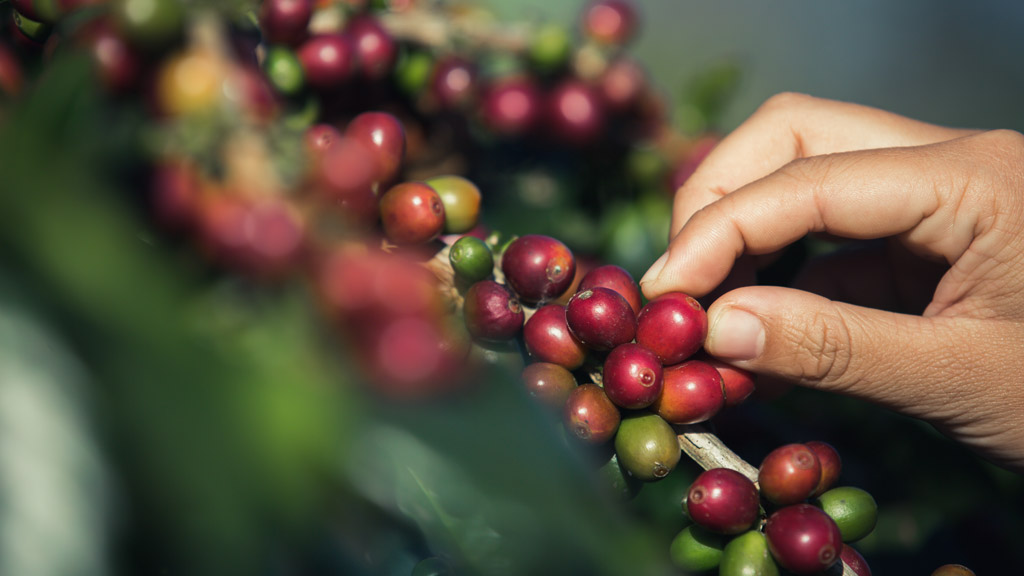
In other words, for the coffee to reach our homes and be appreciated with the proper quality, there is a long and indispensable process of plantation’s care. So the plantation can develop and produce good fruit, guaranteeing the production of quality beans.
Productivity and sustainability
Assuming a commitment to environmental preservation and social responsibility, sustainable culture has contemplated the production of Brazilian coffee through various sustainable activities. From the constant concern with the preservation of springs and rivers, to the care with the soil, the practices of using organic material in the fertilizing process and the biological control of pests, instead of using harmful pesticides, stand out in farming.
In addition, ensuring the well-being of the employees involved in the entire coffee production process is also part of the sustainable culture. A set of practices and attitudes in companies that are increasingly noticed and praised by consumers responsible for purchasing products with sustainability certificates, including the indispensable daily cup of coffee.
What is the concept of “sustainable coffee” and how is it produced?
Sustainable coffee is coffee whose production takes into account the environmental, social, and economic balance, ensuring the preservation of natural resources, the well-being of the communities involved, and the financial business viability. In other words, it is to produce with awareness, concerned with care for the environment and with the responsibility to ensure the welfare of the workers involved, as well as their families.
Many agricultural enterprises, and specifically the coffee industry, invest in sustainable farming because of the high market demand. The consumer has been more and more concerned about acquiring high quality products, of proven origin and with sustainable practices certification.

One of the brands that has committed to this culture is Cafés Pagliaroni, which prioritizes the principles of sustainability in all stages of the production process, from growing to selling the coffee.
Marco Aurellio Pagliaroni, managing partner and founder of the brand, reveals that in sustainable coffee production responsible agricultural practices are used. Such as proper management of water resources, rational use of inputs, preservation of biodiversity, and reduction of greenhouse gas emissions. “Pagliaroni coffees are grown on farms that follow strict sustainability standards, ensuring a high-quality product with less environmental impact,” says the entrepreneur.
Entrepreneurship, tradition, and sustainability
Located north of the state of São Paulo, Pagliaroni coffee farms are in the Alta Mogiana region, known for its fertile soil and ideal climate for coffee growing. Among the several existing varieties of the Arabica coffee species (Coffea arabica), Pagliaroni farms grow the following: Yellow Bourbon, Red Bourbon, Yellow Catuaí, Red Catuaí, Obatã and Mundo Novo.
“By adopting sustainable practices, Cafés Pagliaroni contributes to the socioeconomic development of the producing regions and the conservation of natural resources, and the return from this is seen in the long term,” points out Marco Aurellio.
However, to obtain the quality certification of a sustainable coffee, it is necessary that the production process really be within the standards required by the certifying agencies.
Cafés Pagliaroni are Rainforest Alliance certified, an internationally recognized organization that works to conserve biodiversity and ensure sustainable livelihoods for communities involved in the production of agricultural goods such as coffee. This seal is a guarantee that the farms, crops, and production processes follow the best environmental and social practices.
“By obtaining this certificate, we demonstrate our commitment to protecting ecosystems, conserving biodiversity and supporting the local communities that are part of our coffee production chain. Furthermore, this seal also assures our consumers that our products come from a responsible and ethical production, which values the preservation of the environment and the well-being of the people involved”, explains the managing partner.
Sustainability to sharpen the taste
The differential of sustainably produced coffee is also identified in the taste of the product. According to Marco Aurellio, coffee produced sustainably can have a more balanced and complex flavor, since the practices adopted favor the preservation of biodiversity and the health of the soil.
“At Cafés Pagliaroni, our commitment to sustainability does not compromise quality; on the contrary, we believe that sustainability and quality are closely related. The adoption of sustainable practices on our farms results in a healthier coffee, with a complexity of flavor that reflects the care and attention we devote to production”, explains.
In addition, the brand founder highlights that sustainability also involves valuing the people involved in production, which ensures a coffee that is made with more love and dedication, providing a unique experience to consumers. “It is a huge differential to have a team of employees who embrace the sustainable cause and who are also valued for it”, he says.
The brand is also known for its selection of specialty coffees, beans highlighted for their high quality, exceptional flavor and aroma. “Our specialty coffees are grown on our own farms, where we employ advanced cultivation and harvesting techniques to ensure that only the best beans are selected. These specialty coffees are the result of sustainable activities”, he highlights.
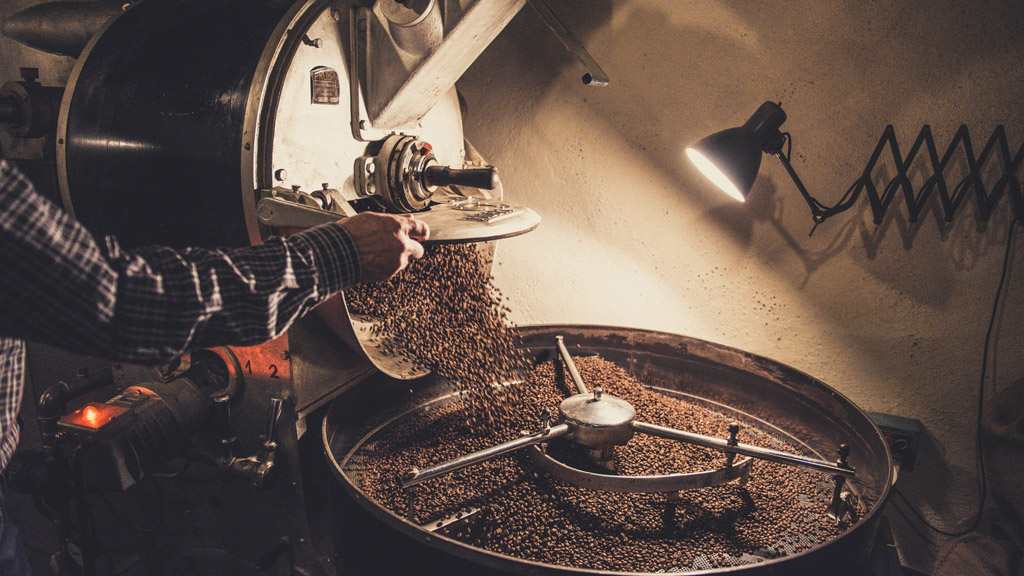
A careful product evaluation is required to obtain the “specialty coffee” classification. Marco Aurellio explains that Cafés Pagliaroni’s beans are classified according to the criteria of the Specialty Coffee Association (SCA), which evaluates attributes such as aroma, flavor, body, acidity, sweetness, balance, and finishing. The beans that achieve a score of 80 or more points (on a scale of 100) are considered specialty coffees.
Quality and responsibility
From production to the consumer, sustainable culture attitudes ensure high quality products from companies that aim for economic, environmental, and social development with responsibility, ethics, and commitment to our planet and humanity.
It is up to the consumer to supervise the type of product he or she is consuming, buying those that have the environmental and social responsibility seal, because they value quality and are carefully evaluated by certifying agencies.
Now that you know, when buying that special coffee, when ordering the espresso during your daily breaks, get informed and choose sustainable beans. It is worth keeping an eye on how they are produced, giving preference to responsible brands that are truly committed to high-quality sustainable products.
If you feel like trying Pagliaroni coffee, there is a coffee shop in São Carlos and another one in Ribeirão Preto:






